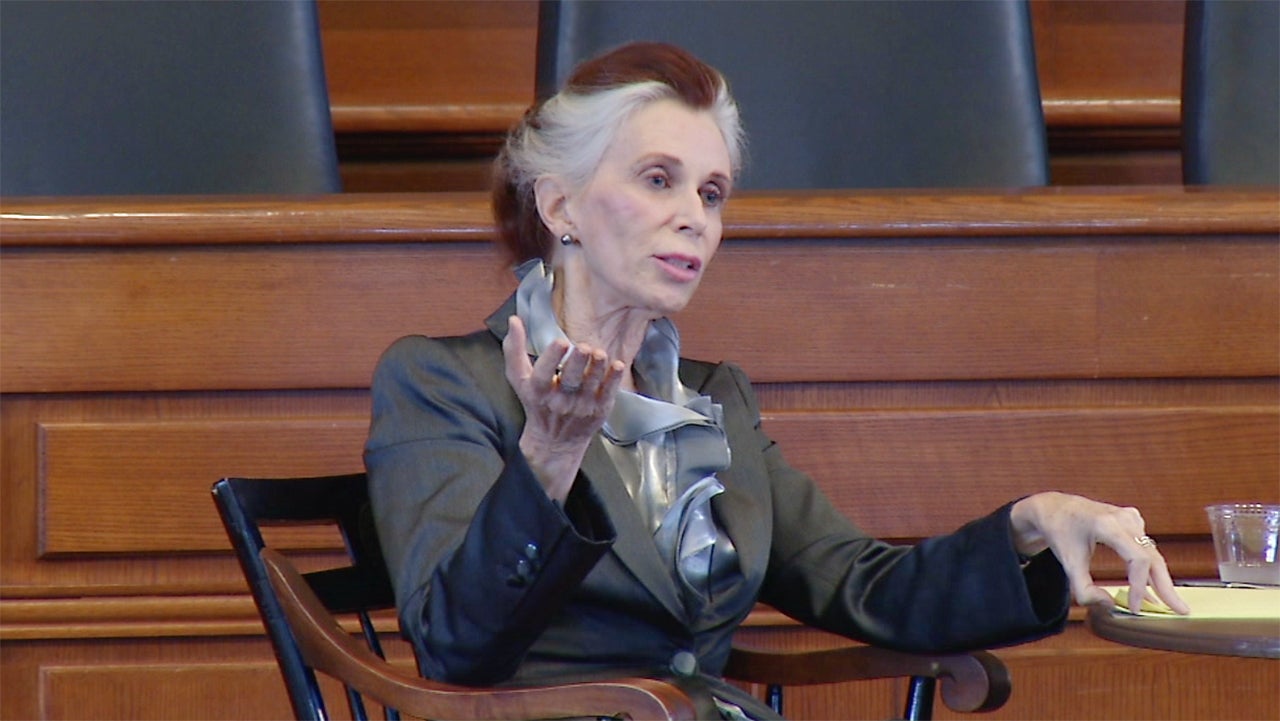In an event at Harvard Law School on March 10, leading feminist scholar Catharine MacKinnon commented on the state of gender equality law in a conversation with Ron Suskind, Pulitzer-winning journalist and lecturer on law at HLS.
MacKinnon, the James Barr Ames Visiting Professor of Law at Harvard Law School, traced her leading role in the development of sexual harassment law from her dissertation through the present day. As part of her research, and to pay for both graduate school and law school, MacKinnon would play music at women’s centers. In the process, she heard about Carmina Wood, a woman who had to resign from her job at Cornell because of her boss’s incessant advances. Wood was then denied unemployment benefits because Cornell said that she left for “personal” reasons.
For MacKinnon, this was a light bulb moment. “My head went, ‘whammo.’ This is what sex discrimination really looks like,” she said.
Seven years after MacKinnon published her argument that what happened to Wood and other women was legally actionable sex discrimination, the Supreme Court announced their agreement. In Meritor Savings Bank v. Vinson, Justice Rehnquist wrote, for a unanimous court, that “without question, when a supervisor sexually harasses a subordinate because of the subordinate’s sex, that supervisor ‘discriminate[s]’ on the basis of sex.”
But despite her legal victory, MacKinnon said, the real moment of public attention to sexual harassment came during Anita Hill’s testimony at Clarence Thomas’s 1991 Supreme Court confirmation hearing. Hill, who worked for Thomas in the Carter administration, told the Senate that Thomas repeatedly made unwanted explicit comments to her. Hill’s testimony gave the topic unprecedented media coverage.
“Everybody was thinking about it,” MacKinnon said. “Everyone was watching this beautiful woman with her absolutely unshakable dignity be profoundly present there, and at the same time talk about feeling profoundly violated. It was remarkable.”
Complaints of sexual harassment rose dramatically after Hill’s testimony. But they fell as much as they rose a few years later. MacKinnon argued that this drop was a result of sexual harassment charges against Bill Clinton which were ultimately dismissed by courts in 1998. This public exoneration, she said, sent the message that “the more power you have, the more you can do anything to a woman, and nothing will be done about it, and nobody cares.”
